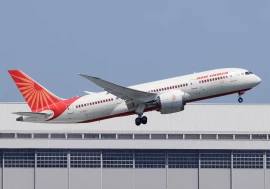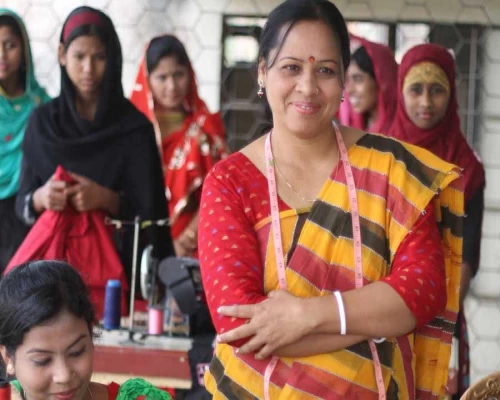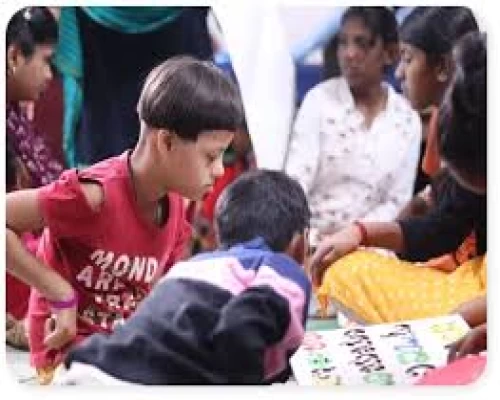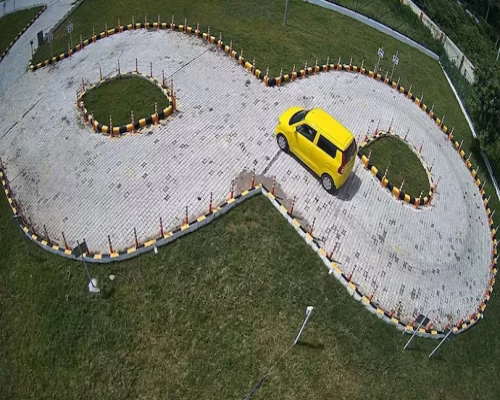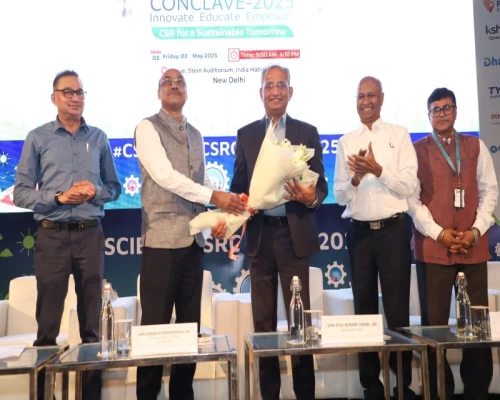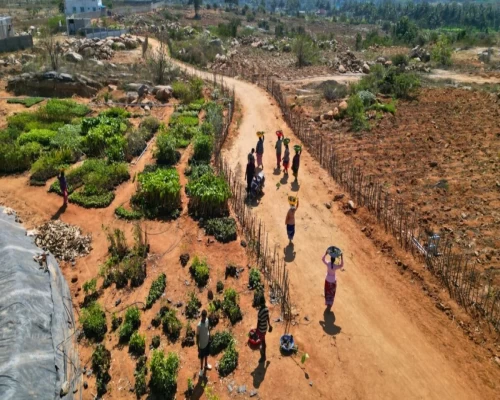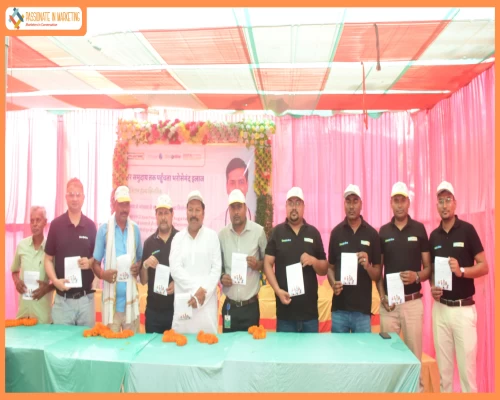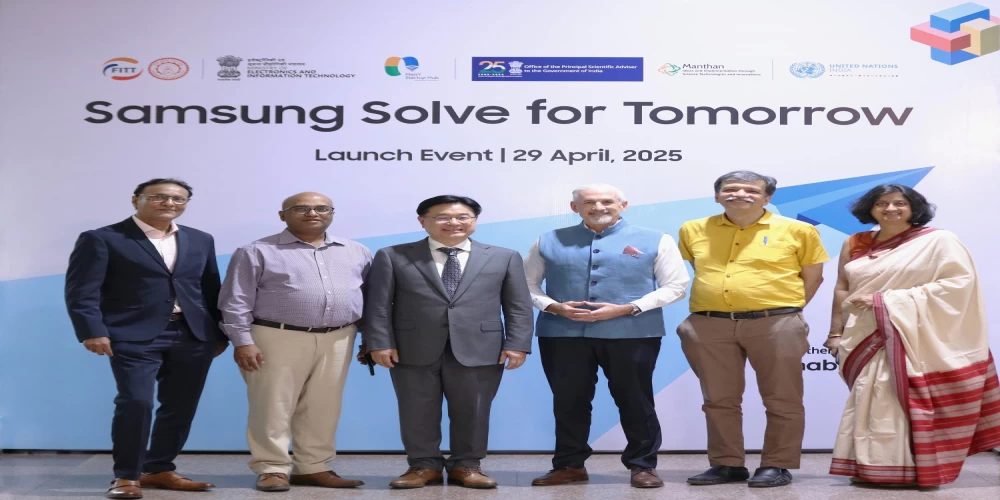
Gurugram: Samsung India launched the fourth edition of its national innovation programme, Solve for Tomorrow 2025, on Sunday, May 4, 2025, at IIT Delhi. The six-month initiative invites young people aged 14 to 22 to develop technology-driven solutions that address pressing social issues across India. With applications open from April 29 to June 30, the programme offers over ₹1 crore in grants, alongside extensive mentorship and training opportunities aimed at nurturing the next generation of innovators.
Participants can register individually or in teams and are encouraged to build solutions around key themes such as artificial intelligence for a safer and inclusive Bharat, the future of health and well-being, the intersection of sports, education and technology, and environmental sustainability. The top 40 entries will receive Samsung devices and ₹8 lakh in support, while the top 20 will be awarded ₹20 lakh. The four national winners will share a ₹1 crore grant, intended to help them transform prototypes into pilot-ready solutions.
“Solve for Tomorrow is going to be even bigger and more inclusive this year,” said JB Park, President & CEO, Samsung Southwest Asia. “We are reaching more cities, engaging students from more schools and colleges, and creating avenues for them to innovate. Solve for Tomorrow stands as a testament to our unwavering commitment to the Government of India’s pioneering #DigitalIndia initiative.”
The programme includes several stages, beginning with idea submission through video pitches, followed by mentorship from Samsung and IIT Delhi experts. Shortlisted teams will take part in curated visits to Samsung’s R&D facilities and join a residential bootcamp to further shape their ideas into workable models. From there, five teams per theme will be chosen for the grand finale.
Speaking at the launch, IIT Delhi Director Rangan Banerjee said the institute is “excited about fostering innovation, entrepreneurship, and real-world problem solving among youth,” adding that the collaboration “enables socially conscious innovation and contributes to Viksit Bharat.”
Shombi Sharp, United Nations Resident Coordinator in India, noted that “India is uniquely positioned to lead with ideas that address local challenges and inspire global change,” and said the UN “is proud to support such collaborations, especially with the private sector, that uplift youth leadership, innovation, and action.”
Abhishek Singh, Additional Secretary at the Ministry of Electronics & Information Technology, also spoke at the event, saying: “Young people hold the key to solving today's most urgent global challenges. Initiatives like Solve for Tomorrow 2025 empower them to turn their ideas into reality using technology.”
The event was attended by senior officials from the Government of India, including Sapna Poti from the Office of the Principal Scientific Adviser, Shardul Rao from the Department of Science & Technology, and P. S. Madanagopal from the MeitY Startup Hub.
Originally launched in the United States in 2010, Solve for Tomorrow is now active in 68 countries and has engaged over three million young people globally. In India, the programme continues to evolve as a platform where young minds channel their creativity, curiosity, and purpose into tangible solutions for real-world problems.
BI Bureau



